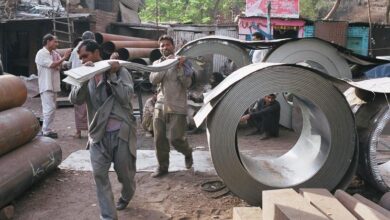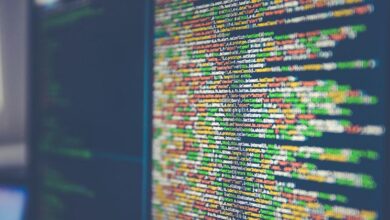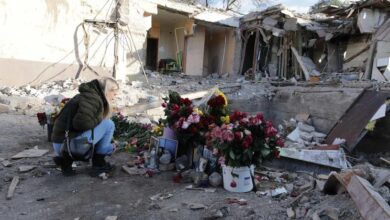Why do many Muslims in India oppose amendments to property laws?
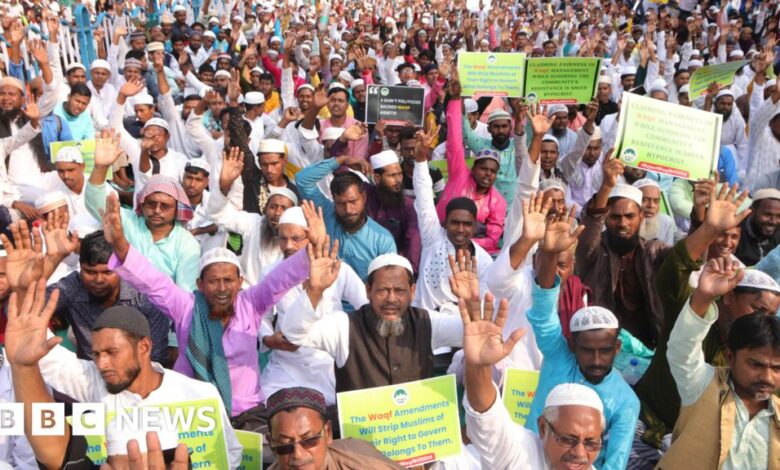
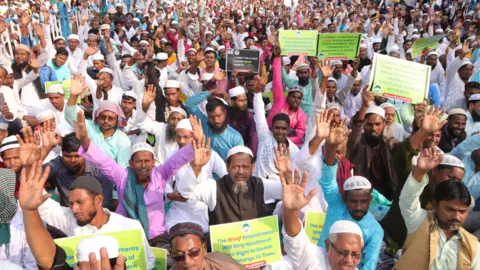 Getty Images
Getty ImagesProposed amendments to a decades-old law that governs assets worth millions of dollars donated by Indian Muslims over centuries have sparked protests in the country.
The properties, which include mosques, madrassas, shelters and thousands of acres of land, are called waqf and are managed by a council.
The new bill – which introduces more than 40 amendments to existing laws – is expected to be introduced in the current parliamentary session after incorporating changes proposed by a joint committee of MPs .
But the committee is now asking for more time to submit its recommendations.
Prime Minister Narendra Modi’s government says the proposed changes are necessary to root out corruption in the management of these assets and address the Muslim community’s demands for reform.
However, some Muslim groups and opposition parties have called the changes politically motivated and an attempt by Modi’s Hindu nationalist party to weaken minority rights.
The bill was first introduced in parliament in August but was later sent to a joint parliamentary committee for recommendations.
What is waqf?
According to Islamic tradition, waqf is a charitable or religious donation made by Muslims for the benefit of the community. Such properties cannot be sold or used for any other purpose – this implies that the waqf property belongs to God.
A large number of these properties are used as mosques, schools, cemeteries and orphanages, and many more are vacant or have been encroached upon.
The waqf tradition in India can be traced back to the Delhi Sultanate in the 12th century when the first Muslim rulers from Central Asia came to India.
These assets are currently governed by the Waqf Act, 1995, which provides for the establishment of state-level boards. These boards include nominees from the state government, Muslim legislators, members of the state bar council, Islamic scholars and waqf asset managers.
The government says waqf boards are among India’s largest land owners. There are at least 8,72,351 waqf properties across India, spread over 940,000 acres, with The estimated value is 1.2 trillion rupees ($14.22 billion; £11.26 billion).
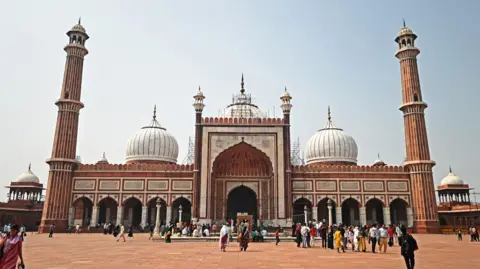 Getty Images
Getty ImagesIs reform necessary?
Muslim groups agree that corruption is a serious problem in the waqf board – its members have repeatedly been accused of colluding with encroachers to sell waqf land.
But critics also say that a significant number of these properties have been compromised by individuals, businesses and government agencies – which also requires immediate attention.
A report submitted in 2006 by the Justice Sachar Commission – set up by the erstwhile Congress party-led government to assess the socio-economic conditions of Muslims in India – recommended waqf reforms, as it found that revenue from the councils was colossally low. number of assets they manage.
The Commission estimates that effective land use has the potential to generate annual revenues of around 120 billion rupees (1.4 billion; £1.1 billion). Current annual revenue, according to some estimatedis about 2 billion rupees.
The Commission also noted that “encroachment by the State, which custodians the interests of the Wakf, is common”, listed hundreds of such cases of the government “illegally occupying” waqf land.
According to government dataAt least 58,889 waqf properties are currently under encroachment, while over 13,000 are under litigation. The status of more than 435,000 properties remains unknown.
The government said the amendments will address these issues and enhance the recommendations made by the Sachar Committee.
Parliamentary Affairs Minister Kiren Rijiju speak The Times of India said reforms are also necessary because only an elite section of the Muslim community manages these assets.
Why argue?
But many Muslims view the proposed changes with skepticism.
One of the most controversial aspects of the bill is the change to ownership rules, which will affect historic mosques, temples and graveyards owned by the board. treat.
Many of these properties – used by Muslims for generations – lack official documentation because they were given orally or have no legal records going back decades or centuries.
The Waqf Act of 1954 recognized such assets under the category of “user waqf”, but the proposed law omits this provision, leaving the fate of a significant number of these assets uncertain .
Professor Mujibur Rehman, author of Shikwa-e-Hind: The Political Future of Indian Muslims, explains that tracing ownership of such long-standing communal assets is complicated, because the system Their administration and deeds transformed over the centuries from the Mughal system to the administrative system. British colonial system, and now the current system.
“You can track individual assets over several generations, but tracing community assets is more difficult because their management keeps changing over time,” Professor Rehman said.
Critics say the changes may not address community concerns but instead could significantly diminish the role of Muslims in controlling waqf assets.
Some agree that a universal law requiring people of all religions to serve on the governing councils of religious organizations would make the processes more secular.
But the current move seems to favor majoritarian politics, Professor Rehman said. “There appears to be an attempt not only to gain state control over Muslim property but also the Hindu community over the lives of the Muslim community.”
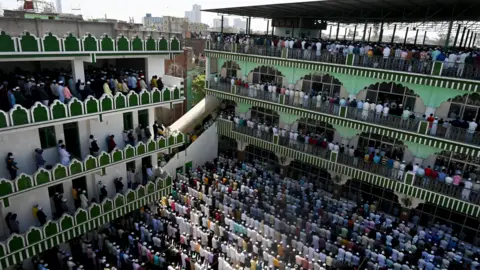 Getty Images
Getty ImagesWhat are the other proposed changes?
Among other key changes is the mandatory requirement for councils to register their assets with district collectors, who will recommend to the government whether the waqf’s claim on assets has valid or not.
Critics say this will weaken the power of the waqf board.
Asaduddin Owaisi, a prominent Muslim parliamentarian who spoke out on the issue, alleged that the changes were aimed at depriving Muslims of their land.
Existing law requires state governments to appoint a survey commissioner who identifies waqf properties and then prepares a list. This list is then sent to the state government to issue legally mandatory notifications. If left unopposed for one year, the final nature of the property becomes waqf.
But some changes mean the status of some waqf properties will have to be reset.
“Many people have illegally trespassed on waqfs,” Owaisi recently told reporters. This means they will have the opportunity to claim the property as theirs.”
Muslim groups say the process will put many historic dargahs and masjids at risk. They believe that reform is necessary but must take into account community sensitivities and interests.
“The diagnosis may be correct, but the treatment is not,” Professor Rehman said.


